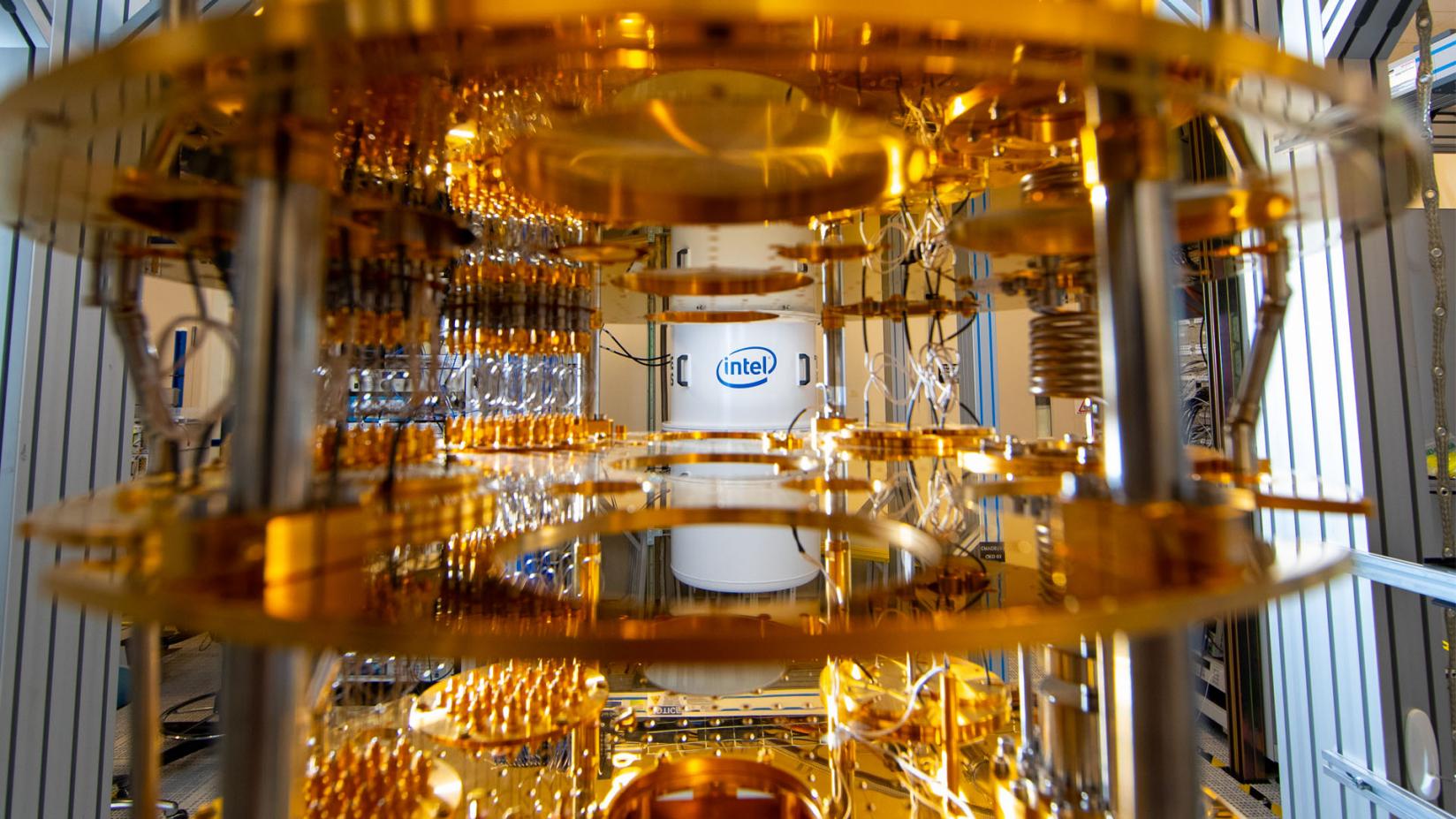Intel Offers Quantum SDK For Developers

Intel releases Quantum Software Development Kit (SDK) to assist development of quantum algorithms for next generation computers
Intel has given developers the capacity to design and build their own quantum algorithms that will eventually run on the quantum computer it is seeking to build.
To this end, Intel this week released version 1.0 of the Intel Quantum Software Development Kit (SDK), after it had launched its beta version in September 2022.
It comes after Chinese state media in January this year had reported that a Chinese start-up had already developed a quantum computer and delivered it to an unnamed customer.

Quantum computing
A couple of months before that, IBM had unveiled the world’s most powerful quantum processor called the Osprey.
This is a 433-qubit system that has three times the number of qubits than its Eagle machine that was announced in 2021.
Quantum computing is expected to revolutionise the way computers work by using building blocks whose functionality draws on quantum effects.
Want to know more about practical quantum computers and what this could mean for your business? Click here to read Silicon UK’s ‘Qubits Are Coming‘
But their principles are fundamentally different from those of classical computers, with quantum qubits, for instance, able to hold multiple states, in contrast to the two possible states of a digital bit.
As a result, many of the companies such as Google, IBM, Intel and Microsoft that are investing in developing quantum computers, are also looking to work with programmers to build their familiarity with quantum computing concepts.
Intel Quantum SDK
Now Intel has released its Quantum SDK, which it says is a full quantum computer in simulation that can also interface with Intel’s quantum hardware, including Intel’s Horse Ridge II control chip and Intel’s quantum spin qubit chip when it becomes available this year.
Intel says the kit allows developers to program quantum algorithms in simulation, and it features an intuitive programming interface written in C++ using an industry-standard low-level virtual machine (LLVM) compiler toolchain. As a result, Intel’s SDK offers seamless interfacing with C/C++ and Python applications, making it more versatile and customisable.
“The Intel Quantum SDK helps programmers get ready for future large-scale commercial quantum computers,” said Anne Matsuura, director of Quantum Applications & Architecture at Intel Labs.
“It will not only help developers learn how to create quantum algorithms and applications in simulation, but it will also advance the industry by creating a community of developers that will accelerate the development of applications, so they are ready when Intel’s quantum hardware becomes available,” said Matsuura.
Intel says that version 1.0 of the SDK includes an intuitive programming interface based on C++, providing a programming language that’s familiar to classical computing developers, enabling collaboration between them and quantum developers.
The kit also features a quantum runtime environment optimised for executing hybrid quantum-classical algorithms.
Developers have the choice of two target backends for simulating qubits to either represent a higher number of generic qubits or Intel hardware.
With the SDK, users can develop small workloads to determine what functionalities are needed from the quantum computer’s system architecture to run algorithms efficiently and accurately on qubits.
In addition, Intel is using the SDK internally to co-design quantum hardware and software in tandem, accelerating system development.